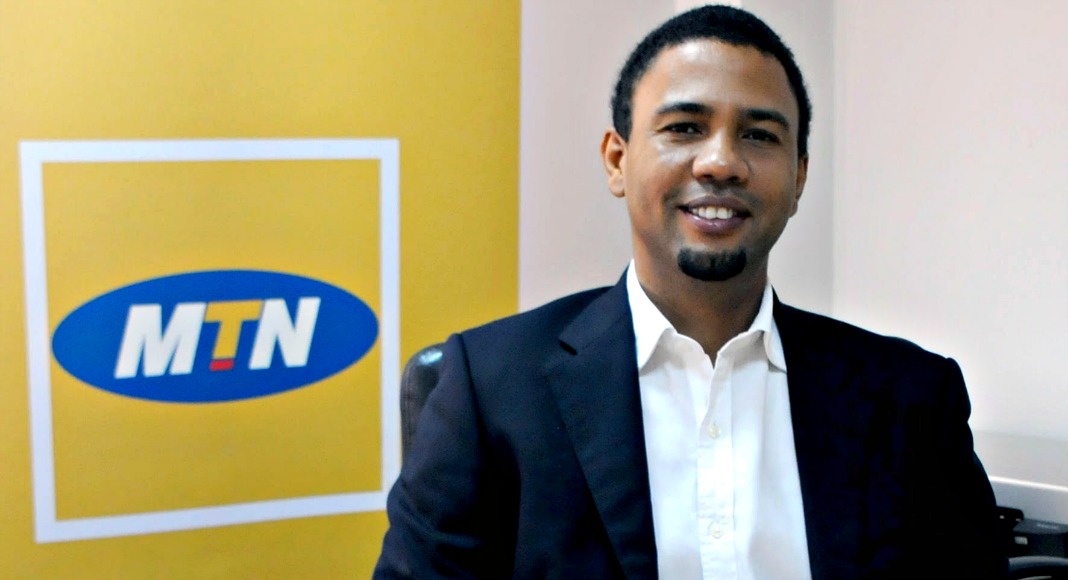Nokia today announced the global launch of its latest range of industry-leading AirScale 5G products covering baseband, remote radio heads, and massive MIMO active antennas with digital beamforming. The innovative solutions are powered by the latest generation of Nokia’s ReefShark System-on-Chip (SoC) chipsets and deliver the highest capacity and network performance while enabling efficient deployments and operation. The rollout of the new products is already underway.
Nokia introduces its new generation of ReefShark-powered AirScale massive MIMO antennas with both 32TRX and 64TRX products, as well as 8T8R remote radio head solutions. The 32TRX is the industry’s lightest, at 17kg, simplifying and speeding up site deployments. Notably, this low weight is achieved at the same time as supporting high radio frequency bandwidth (200 MHz occupied bandwidth and 400 MHz instantaneous bandwidth) and delivering high radio frequency power output, without compromise. Both the new 32TRX and the new 64TRX massive MIMO antennas support both fragmented spectrum and network sharing cases.
Nokia also introduces its new SoC-based baseband plug-in cards to boost the capacity of the AirScale System Module. The new ReefShark-powered plug-in cards deliver up to eight times more throughput and serve up to eight times more cells compared to previous generations. They are easily installed and simplify the upgrade and extended operation of all AirScale deployments. Nokia’s baseband module can support 90,000 connected users simultaneously and has 84 Gbps throughput. The highly efficient ReefShark powered plug-in cards also reduce power consumption by up to 75 percent. Nokia’s modular AirScale baseband enables mobile operators to scale capacity flexibly and efficiently and as their 5G business evolves.
Nokia Single RAN software now includes 5G, accelerating 5G rollouts and cutting overall radio access network TCO (Total Cost of Ownership), by unlocking network efficiencies with common transport, common operability, common software delivery, and increased hardware sharing. The combination of Nokia’s Single RAN software and the new baseband plug-in cards offer multi-mode (2G, 3G, 4G, 5G) and multi-band and supports the latest fronthaul interfaces (eCPRI) on a single baseband platform, simplifying the network and lowering costs.
Nokia’s AirScale baseband architecture is designed to be future-proof and support the increasing demands for wireless traffic. By keeping the L1 and L2 (Layer 1 and Layer 2) computing separate from L3 (Layer 3) and Transport baseband plug-in units, capacity can be added when and where it is needed in the network. Network modernization can be simply achieved either by software upgrade or by adding new plug-in units into the existing baseband.
Nokia’s ReefShark chipsets will also play a critical role in future Artificial Intelligence (AI) and Machine Learning (ML) capabilities. Nokia has already introduced AI/ML features in areas such as predictive load balancing, anomaly detection, and intelligent traffic steering. All Nokia ReefShark platforms are AI/ML ready and Nokia is carrying out proof of concepts with customers this year in innovative areas such as Massive MIMO beam pattern optimization, energy-saving, advanced traffic steering, advanced packet scheduling, and alarm pattern discovery.
Patrick Filkins, Senior Research Analyst, IoT and Mobile Network Infrastructure, IDC, commented: “5G networks are absolutely critical for improving network capacity and performance, particularly when higher bandwidth is in demand. Nokia’s new portfolio addresses these concerns by enabling mobile operators to flexibly scale capacity while helping to smoothly transition to 5G from existing technologies easily and cost-effectively. The integration of Nokia’s ReefShark SoCs across both radio and baseband boosts performance and capacity and the new massive MIMO antennas set a new benchmark for low weight without compromising on performance. These solutions will help mobile operators to address the increasingly dynamic mobile services space that urgently requires more capacity.”
Tommi Uitto, President of Mobile Networks, Nokia, said: “Our new generation of ReefShark-powered AirScale radio and baseband products is evidence of the successful transformation of our business and ability to deliver market-leading products to our global customers. Nokia’s new portfolio enables communication service providers to offer both consumer and enterprise customers with cutting-edge 5G experiences with premium speeds, capacity, and connectivity underpinned by seamless, simple, and efficient ‘plug-in’ deployment. Our new AirScale products are O-RAN ready. They consume less energy and highlight our commitment to climate change. We’re excited to see our customers deploying these products and see the transformative impact of 5G technology.”


 Forex2 weeks ago
Forex2 weeks ago


 Naira1 week ago
Naira1 week ago
 Naira4 weeks ago
Naira4 weeks ago
 Company News4 weeks ago
Company News4 weeks ago




 Naira1 week ago
Naira1 week ago




 Naira3 weeks ago
Naira3 weeks ago
 Billionaire Watch1 week ago
Billionaire Watch1 week ago




 Naira6 days ago
Naira6 days ago












